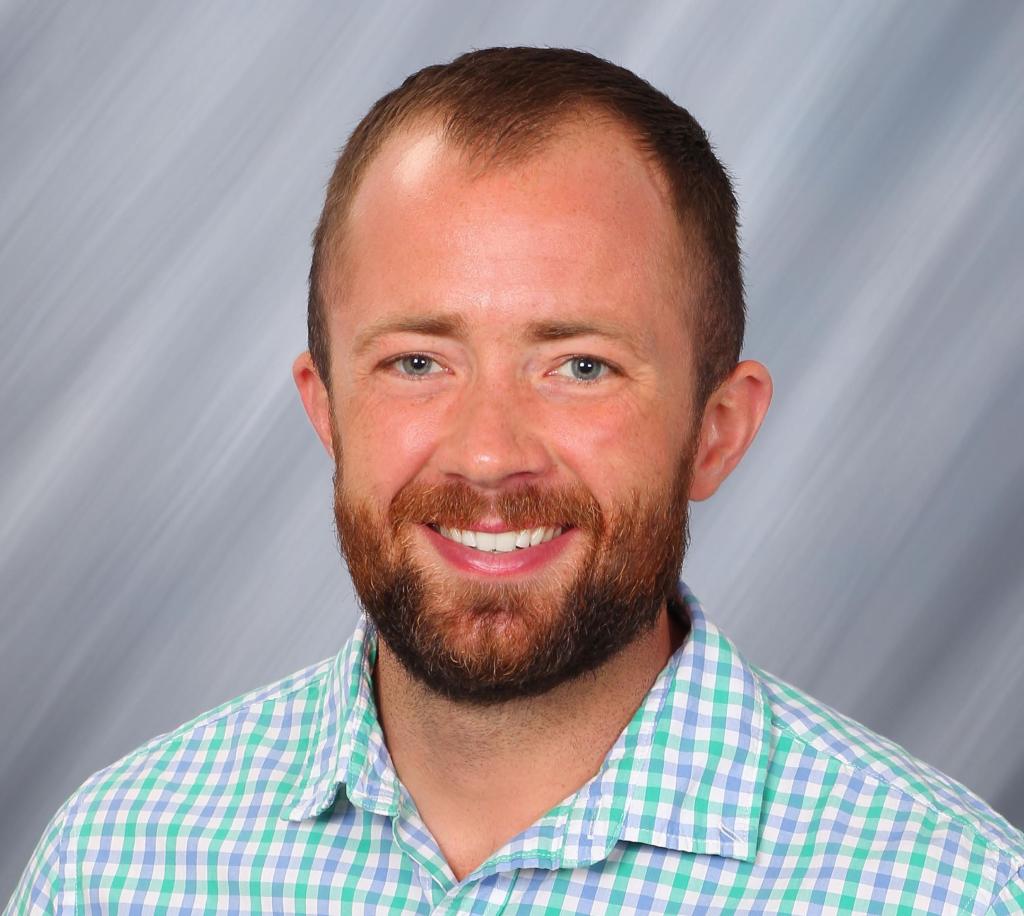Jacob Reed

Jacob Reed
Educational background:
I received my bachelor's degree from UNI in spring 2009. Once graduating, I started my master's degree at the University of Memphis in health and sport science, completing the degree in the summer of 2011. Starting in the fall of 2011, I began my PhD in sport physiology and performance at East Tennessee State University. I completed this degree in the summer of 2014.
Career background.
Following the completion of my PhD, I accepted a position as the assistant sport scientist for Texas A&M Football. After spending two years with the team, a position at UNI became available, which is still what I'm doing today.
Why this career path?
Exercise and athletic performance has always been a passion of mine. Beginning in middle school and continuing through high school, I worked my way from essentially a nobody to a prominent member of the football team. Getting into college, I wanted to continue on that course but in a more precise and logical manner. During my sophomore year at UNI, I was given the opportunity to work on an undergraduate research team which is what started my path into higher education. Once I moved to Memphis, I started researching training methodologies for older populations. Although I enjoyed that time, I learned that my true passion was in working in athletics—this is what drew me to ETSU. There, I was able to work as a strength and conditioning coach and sport scientist for a number of teams, primarily volleyball. While I was working for that team, I developed a passion for athlete monitoring, a field where we observe multiple components of the individual (strength, power, speed, endurance, sleep, nutrition, etc.) and attempt to individualize a program to meet their specific needs. It's this passion that brought me to A&M where I helped monitor 55 members of the football team with GNSS technology. Although I loved working in the SEC, the quality of life and ability to teach drew me out of the field and back into higher education.
What brought you to UNI?
My wife and I are both alumni from UNI. On top of that, both of our families live in Iowa. Being away from them for seven years taught us the value of being closer to family. Additionally, as an undergraduate student, it was clear that the faculty in the department worked incredibly well together, a trait I learned through my years of school that is more valuable than almost anything else. Being able to come back to that working environment and being closer to family made the decision easy.
Favorite part about UNI?
My department and colleagues. What I saw as an undergraduate student is still thriving to this day, and it makes a wonderful working environment.
What is your greatest professional accomplishment?
Working for Texas A&M and consulting for USA Rugby and USA Weightlifting would definitely be in my top five accomplishments. However, I think the greatest accomplishments are the people I've helped through my monitoring practices. There are a handful of specific instances where I was able to have a meaningful, long-lasting impact on their lives purely because of what we had implemented.
What drove your interest in research?
It really comes down to a passion for helping people.
What does being student-focused mean to you?
Student success is my priority. I want to give them every opportunity to succeed and grow as a person, both in and out of this field. This means having an open-door policy, being candid in the classroom and having empathy when life happens.
What's it mean to help students meet or even exceed their expectations?
It means I'm doing my job properly. It's an honor to be given the opportunity to be a part of that process for each student. Everyone needs somebody to guide and support them. I hope to be that person for them when they need me.
What do you hope students learn from you?
To me, the two most important qualities for a student to possess are critical thinking skills and just being a good person. The combination of both of those traits will allow them to succeed in all aspects of life.
What advice do you have for prospective/current students to make the most of their time at UNI?
Professors are people, too. Seriously, we have been around the block a few times, and while it may seem scary to talk to us, we truly do want to help and be there for you.
